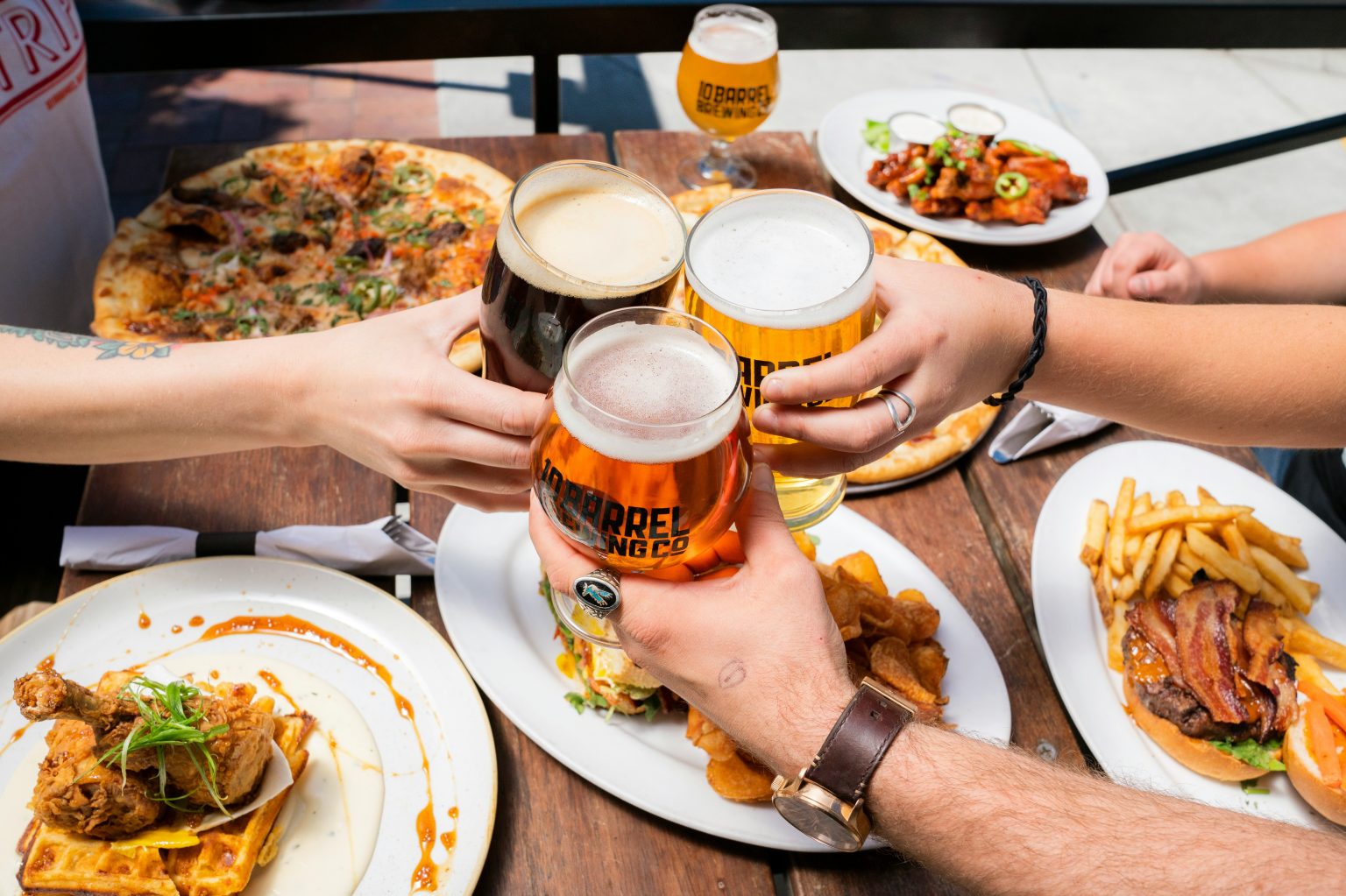Every year on the first Friday in August, beer lovers around the world come together to celebrate International Beer Day. Founded in 2007 by Jesse Avshalomov in Santa Cruz, California, it has grown from a small local event into a global phenomenon. This year, on August 2, 2024, enthusiasts from over 80 countries will join the festivities.
International Beer Day not only highlights the rich variety of beers available but also honors the brewers who make it all possible. The day offers a chance to learn about the differences between lager and ale, and to appreciate the diverse styles and flavors that beer has to offer. Many use the occasion to share photos and experiences on social media, making it a truly interactive celebration.
For those looking to participate, events range from beer tastings and pub gatherings to brewery tours and homebrewing sessions. Communities worldwide seize the opportunity to toast to the camaraderie that beer fosters, bridging cultures and bringing people together. Join in the global cheers and explore how beer unites people in this unique annual celebration.
Traditions and Celebrations
International Beer Day is marked by various traditions and celebrations that bring together beer lovers from around the world to enjoy the diverse culture of brewing and drinking beer. Celebrations take place in pubs, breweries, and backyards with friends and family.
Global Recognition
International Beer Day has grown into a global event since its inception in 2007. Celebrated in over 207 cities across 80 countries, it highlights the worldwide appreciation for beer. From the bustling streets of New York to small pubs in Western Europe, people gather to raise a toast to the universal beverage. This day is not only about drinking beer but also acknowledging the craftsmanship and dedication of brewers worldwide.
Cultural Significance
Beer forms an integral part of various cultures around the globe. In many countries, beer holds historical importance and is a symbol of hospitality and community. For example, in Germany, beer is central to many local traditions and festivals such as Oktoberfest. In Belgium, its brewing heritage is recognized by UNESCO. Celebrations on International Beer Day are often steeped in these local traditions, further enriching the cultural tapestry.
Local Events and Participation
On International Beer Day, local events are a significant part of the celebration. Cities organize festivals, brewery tours, and happy hours, making it a vibrant day for beer enthusiasts. Pubs and bars often host special events like tasting sessions, live music, and food pairings. Bartenders play a crucial role, not just in serving beer, but also in educating patrons about different types of beer and brewing methods. These events make it an engaging and educational experience for everyone involved.
How to Celebrate
There are numerous ways to celebrate International Beer Day. One popular way is to visit local bars or breweries and take part in the special events they host. Many choose to host their own gatherings with friends and family, enjoying a variety of beers alongside delicious food pairings. Participating in a happy hour is also a great option. Moreover, sharing a toast to bartenders and brewers, who contribute immensely to the beer culture, is a beloved tradition on this day.
Beer and Brewing
Beer and brewing involve understanding different types of beer and how they are produced and enjoyed globally. Each type of beer offers a unique taste, influenced by ingredients and brewing techniques.
Types and Tastes
Beer comes in various types, each with its own taste profile. Lagers are crisp and refreshing, with Pilsner Urquell being a famous example. Ales include a spectrum from pale ales to India Pale Ales (IPA), known for their hoppy bitterness. Stouts, like those from Ireland, have a dark, rich flavor, often with notes of coffee or chocolate. Wheat beers are lighter and often cloudy, offering a smooth, slightly fruity taste. Brewers experiment with ingredients like herbs and fruits to craft unique flavors in craft beers.
Beer Production
Beer production begins with basic ingredients: water, hops, malted barley, and yeast. The process starts with malting, where grains are soaked, germinated, and dried. The next steps include mashing, where grains convert starches into sugars, and brewing, where the mixture is boiled with hops. Fermentation follows, where yeast converts sugars into alcohol and carbon dioxide. After conditioning, the beer is filtered and packaged.
Larger commercial breweries like Budweiser produce beer on a massive scale, while smaller craft brewers focus on unique and experimental brews.
Beer Around the World
Beer enjoys global popularity, celebrated uniquely in different regions. Germany is known for its lagers and beer purity laws. In Ireland, stouts like Guinness are iconic. Czech Republic is famous for pilsners, the birthplace of Pilsner Urquell. In Japan, beers often have a clean, crisp taste, with brands like Asahi and Sapporo leading. India has a growing craft beer scene with IPAs gaining popularity. Mexico offers a variety of light, refreshing beers perfect for warm climates, while Italy adds beer to its rich culinary tradition.
International Beer Day, celebrated annually on the first Friday of August, highlights this global appreciation. It’s a time for people to explore different beer styles and celebrate the contributions of brewers worldwide.



